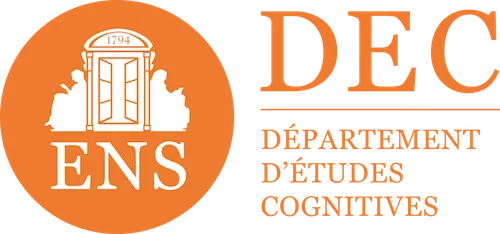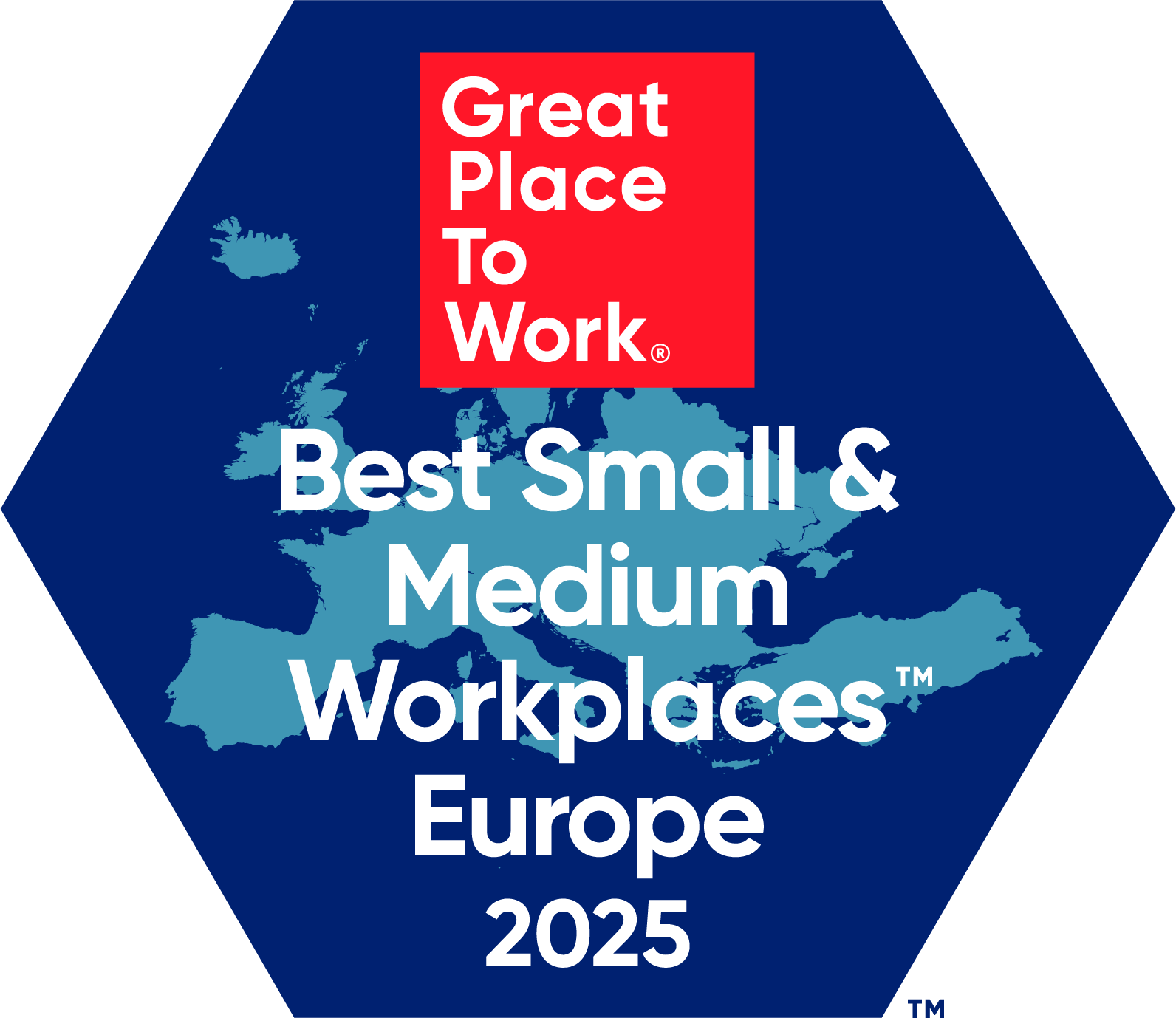

Faced with digital technology, understanding how the brain works is becoming a central issue for businesses.
Brain functioning, cognitive balance and digital formations...
Gaëtan de Lavilléon, doctor in neurosciences and founder of Cog'x, explains to us why and how the knowledge in cognitive science must open the doors of organizations. A good knowledge of the brain and its mechanisms can in fact be of great help in successfully reconciling efficiency and well-being at work.
Tell us a few words about Cog'X's business
Cog'X is a consulting agency specialized in cognitive sciences, created in 2017. Accompanied by researchers in cognitive sciences and experts in digital transformation, we noted that work is undergoing a major revolution: in the digital age, working methods are being shaken up and sometimes put a strain on the brains of employees. We therefore created Cog'X to meet this need and ensure a certain cognitive balance at work. Since then, we have been supporting companies in thinking about working methods, and in the implementation of practices that respect this cognitive balance. Concretely, we regularly intervene through awareness-raising and training actions on brain function, and we support companies both in implementing new ways of working and in measuring their impact on employees and their business.
What is hidden behind this notion of cognitive balance?
The brain is an extremely complex organ that we use every moment of our lives. However, today, with digital technology, we are constantly asked to capture, process, and return information in very large quantities. We live in a world of information, data, where our attention is constantly in demand, and it is therefore becoming more and more difficult to focus (see our article on attention). In addition, the injunctions to collaborate and innovate are becoming stronger. However, the brain has its own limits, and sometimes it enters a state of cognitive overload, which can become harmful to the effectiveness and well-being of the individual (see our article on cognitive load ).
Cognitive balance is that state that occurs when our mental resources are perfectly in line with the task we are performing, and the environment in which we are performing it. In this state of balance, it is possible to combine performance and well-being, and everyone wins! But unfortunately, this state of balance is fragile, and depends on many factors: workspace, digital tools, motivation, expertise, and even level of fatigue (see our article on mental fatigue) intertwine... With knowledge from cognitive science research, we can help individuals take into account all these factors and identify which ones they can act on.

You say going through training actions, but isn't it difficult to train in a few days on subjects as complex as neuroscience and brain function?
The neurosciences, and more widely the cognitive science have a vocabulary of their own, like all sciences. But they can be made available to everyone. The advantage of this discipline is that it concerns us all at one time or another. Most people are happy to understand what happens when they are focused or distracted; when they are motivated; or when they are so tired that they make mistakes in actions that are within their reach.
At Cog'X, we deeply believe that knowledge must be shared to be a real driver of innovation. That's why we always start by training on these topics, putting ourselves at the level of those who know almost nothing about the brain.
From your point of view, how did your collaboration with Didask take place?
We met Didask when Cog'X was still in its infancy, but already, the idea of a collaboration seemed obvious. In our vision, we had two identical pillars: to innovate by relying on knowledge from research in cognitive sciences on the one hand, but also to build an offer based on an experimental method, based on evidence and not on intuitions.
Together, we therefore decided to create an online training offer to help employees understand and regulate their cognitive load at work. We believe that this knowledge should be shared as widely as possible to allow individuals to practice what is called metacognition, the fact of thinking about your own thoughts, and learning to listen to weak signals from their brain and then take action.
As you mentioned, these are often complex concepts, but they are completely understandable. With Didask's innovative pedagogical approach, we were able to find the right level of communication together, and above all create scenarios that were as close as possible to the daily lives of employees so that it did not remain theoretical. With the help of their illustrator, we also had the chance to create an entire universe, to immerse the learners in how their brains function at work. I think that it is for all these reasons that this training is a success and really allows you to increase your skills: a desirable level of difficulty (See article on desirable difficulties), a caring universe, and realistic scenarios.
Make an appointment directly with our eLearning experts for a demo or simply more information.












